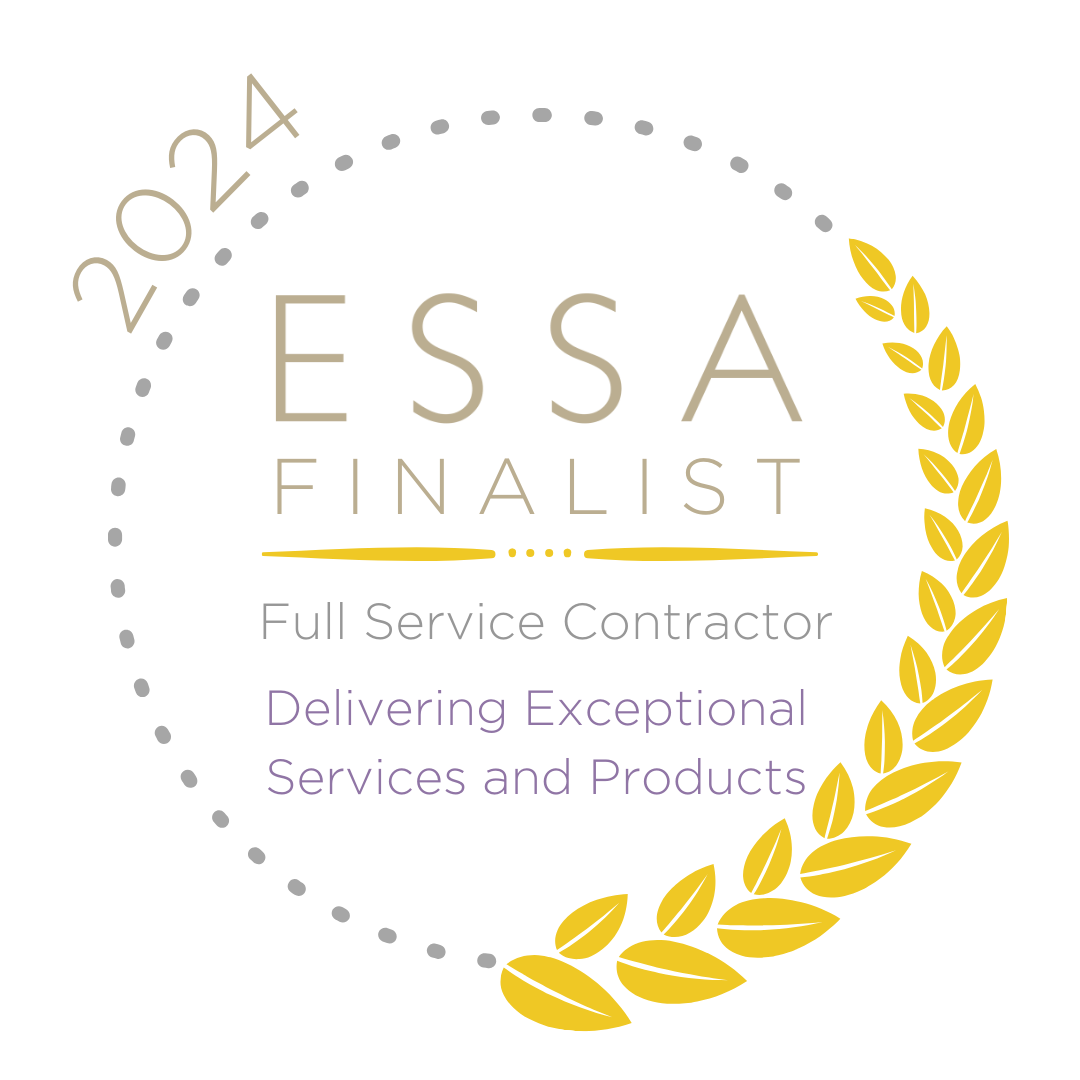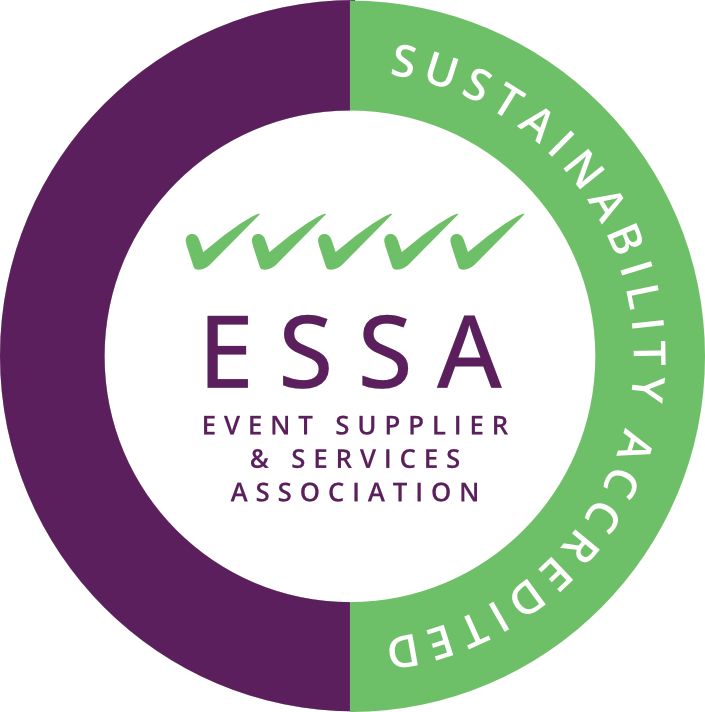Tecna UK’s Hints And Tips To Choosing The Right Event
With so many events to choose from, you’d be forgiven for getting yourself in a pickle with choosing the right one. However, it’s an important dilemma to solve as your level of success depends on it. So, we’re hitting you with our hints and tips for how to choose the right exhibition or event to put you on the right path to success.
Set Objectives
We know what you’re thinking, where do you begin? Well, establish your goals, and understand what you want to gain from exhibiting. You might want to showcase new products or be looking to find new connections to expand your client base. Establishing this to begin with will help you narrow down your choices when researching and make the process of selection a lot easier. One way to identify your goals is by establishing SMART objectives:
S pecific – Create objectives that are specific in defining what you want to achieve
M easurable – Make sure your objectives can be measured as much as possible
A chievable – Be realistic and create goals that can actually be achieved
R elevant – Create goals that will be relevant to you, what is a priority for your business?
T imely – Establish a deadline for your objectives, will it be by the end of the show? Or, at the end of the year?
Once your objectives tick all these 5 boxes, you’re on your way to establishing which event will be relevant and efficient for your business.
Establish your Budget
Whilst exhibitions aren’t cheap, they are substantial in driving growth within a company, especially as 50% of marketers say their sole reason for events are for sales and building their community ( 1 ).
Your budget should reflect the investment you’re making. Budget can determine a lot of factors when deciding on events. Every show varies in price for booth space, on site services, etc. But also consider the location of the events. Do you need to budget for travel and accommodation costs? And, what about the cost to transport and install your display at the show? Not forgetting the cost of the display itself, along with graphics and additional promotional materials and it’s easy to see how the budget can start to grow.
Having an event budget means that you can more accurately measure your return on objectives and your return on investment.
So, it makes sense that you would choose events that you can afford to invest in and that those events need to deliver a return.
Do Your Research
Relevance. Start with finding events that are for your industry or sector. Then deep dive into the information provided by the Organiser. Look for established events that can prove their audience data. If you understand your own target audience, you can match this to the shows you want to attend. Look for the profile of visitors, who are they, where they come from, what buying power they have, and their level of seniority. Does the event deliver your target audience? The people you want to talk to about your product or service.
Exhibitors. How big is the show in terms of exhibitors? Are there complimentary exhibitors who would have a similar target audience to you? Do your competitors exhibit? Is there enough diversity of exhibitors to make it interesting enough for visitors to attend?
Success. Whilst a show may seem like a great choice from the outset, don’t judge a book by its cover! Research into its success rates. And whether it is getting the engagement and footfall you are aiming for. Look into the attendance rate, any reviews or publications that have spoken about it, and see what past exhibitors are saying. This will give you an insight into whether it is worth exhibiting at.
Show marketing. How is the event being promoted to secure visitor attendance? Can you join in and get involved in pre-show marketing provided by the Organiser? There is often a range of pre-show and at-show marketing opportunities from straight forward event webpage listings to sponsorship and PR opportunities.
Visit the Show
If the reviews and research don’t sell it enough to you, why not attend for yourself? Find out what it is really like. It will also help you have a clearer understanding whether your research was correct or if you found out anything new.
Here are some of the things you should be looking out for:
- The exhibitors – who may be your competition? How are they doing it?
- Movement – acknowledge the flow of people around the venue, this will influence your decision on a booth space
- Booth space – identify which ones are gaining most footfall
- Visitors – it will give you an understanding of the types of attendees and their behaviour
- Show features – seminars, workshops, networking areas, refreshment points – it will show you how engaged the visitors are and what will keep them there for longer!
Go for it!
After you’ve completed all of the above steps, and you think you’ve narrowed it down, there is only one thing still to do – exhibit at the event! Sometimes it will be a case of trial and error, but it is worth giving it a go, especially as leads can have a 230% greater close rate than general field sales ( 2 ).
So, plan in advance, book your booth space, design your display, and attend – but for all the ins and outs, make sure you check out Tecna UK’s trade show checklist to support you in preparing for your event. And make sure to follow up your leads and track your success for months after the show to establish whether your research and event were the success you predicted!
Want to minimise risk at your event? See 8 tips for event insurance with guest expert Paul Cook.
Copyright © 2023 All Rights Reserved by Tecna UK Ltd Registered Company Number: 06459394












